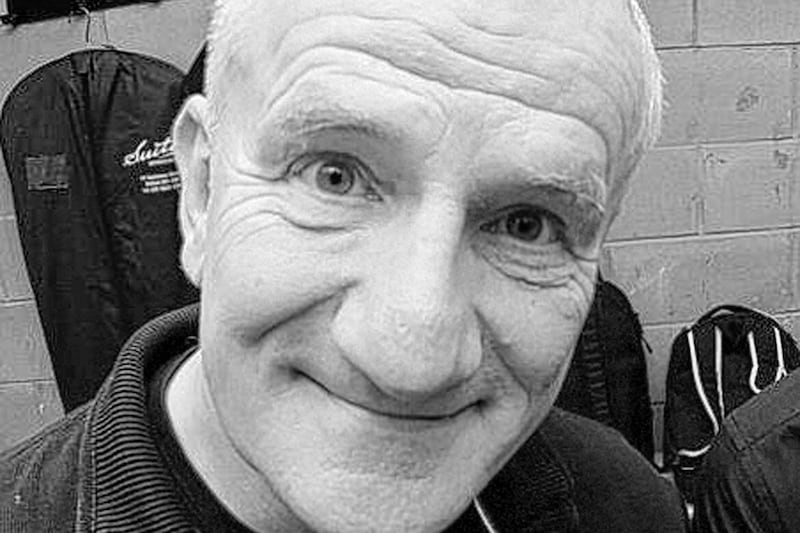I'M WRITING this on April 10 2023, exactly 25 years since the signing of the Good Friday Agreement (GFA). I remember my incredulity when the news broke that it had been signed. Suddenly, the Troubles were over: I never thought I’d live to see it, and I nearly didn’t on a few occasions.
While mountains of material have been written about the political machinations around the Agreement, we should never forget what life was like in the decades leading up to it. Death was a daily companion. Everyone felt that reality, yet lived as if it wouldn’t happen to them.
After 30 years of conflict, a strange acceptance of the violence had crept into our lives. It wasn’t that we’d stopped caring, nor had we grown indifferent to the suffering: rather, to retain our sanity, it had become essential to filter out the horror. The randomness and banality of the killing had become numbing - all that was needed to become a victim was being the wrong religion, in the wrong place, at the wrong time.

Here is one such story.
It was 1980, I was 19 and working a summer job at the Lake Glen Hotel in Andersonstown. On a minimum wage, my mode of transport was a bicycle and, while fit, I found the journey tedious, as it involved a long push up the Falls Road on the way to work and up the Antrim Road on the way home.
In those days, I believed a few John Powers greatly aided my late-night homeward trip.
To this day, I can’t explain my thinking on the night in question, and can only assume John Powers was whispering in my ear as, upon reaching Northumberland Street, instead of continuing down the Falls as normal, I instead turned left towards the Shankill.
Mr Powers, being a fairweather friend, deserted me soon after my detour, and sobriety and the stupidity of my decision hit me as I traversed the deserted road ahead of me quicker than Lance Armstrong after 10 syringes.
Upon reaching the corner of the Shankill and with safety a matter of streets ahead, I realised I’d a puncture in my front tyre - no surprise, as Northumberland Street had decades of rioters’ broken glass embedded in its tarmac.
I dismounted and had the tyre off in almost one movement, when the sound of a bar emptying out cut through the deathly silence. Then I saw them: about 20 young men wandering down the road towards me in seemingly good spirits, though still terrifying, considering the circumstances.
For a second, every nerve in my body screamed "run", but I knew I’d be caught, so decided instead to stand my ground and attempt to appear unperturbed. When the men were close enough, I looked up, and with a quiver in my voice joked, "Who’d ride a bike, eh?". I heard someone laugh, they turned the corner, and my heart began beating again.
Then - and I still hear this sometimes when failing to fall asleep at night - another voice stated, "He’s got no puncture". There followed a silence which seemed to last an age and I knew, for certain, I was done for.
Thankfully, another voice replied, "Awk, leave him alone". Whoever that man was, he’s gone through his life not knowing that his comment saved a life - my life.
No doubt if things had gone the wrong way, upon hearing the circumstances, most people would have rightly asked “What the hell was he doing riding a bike on the Shankill?". And they’d have been right: it was an insanely stupid thing to do, a mistake which shouldn’t have proved a capital offence.
I survived, but tragically two of my schoolmates weren’t so lucky: they paid for their ‘mistakes’, though theirs were much less egregious. My friend Liam was 19 when he was shot dead after making the ‘mistake’ of walking his girlfriend home late one night. Another friend, Colm, died after he made the ‘mistake’ of going to his front door for a smoke whilst studying for a university exam.
So, whilst recognising that the GFA's foundations were buried in the quicksand of constructive ambiguity and its framework is as flimsy as a child’s Meccano set, it did bring peace - or at least an approximation of peace compared to what went before.
Until those who now wish to tear it down have something to offer in its place, I’d respectfully suggest they either put up or shut up.









